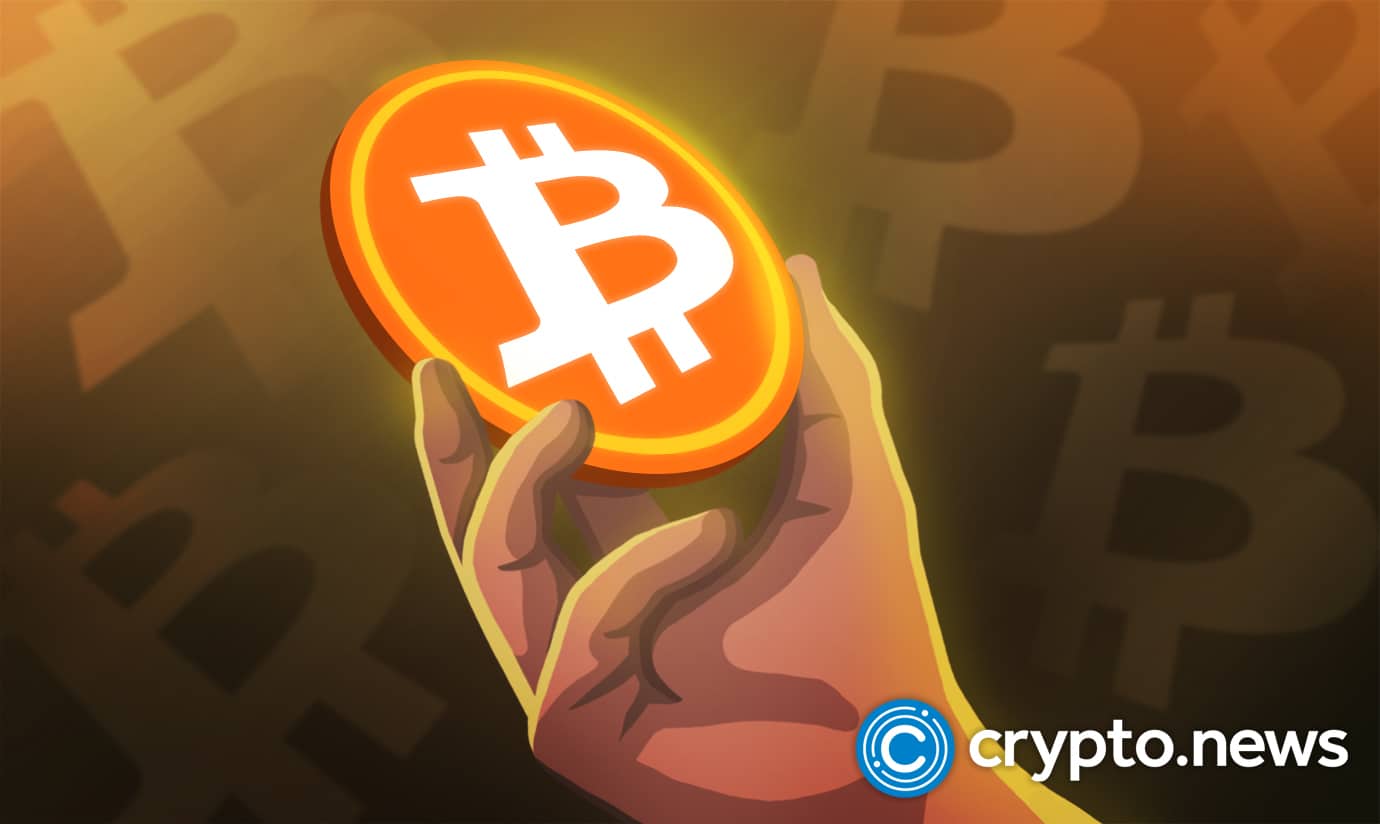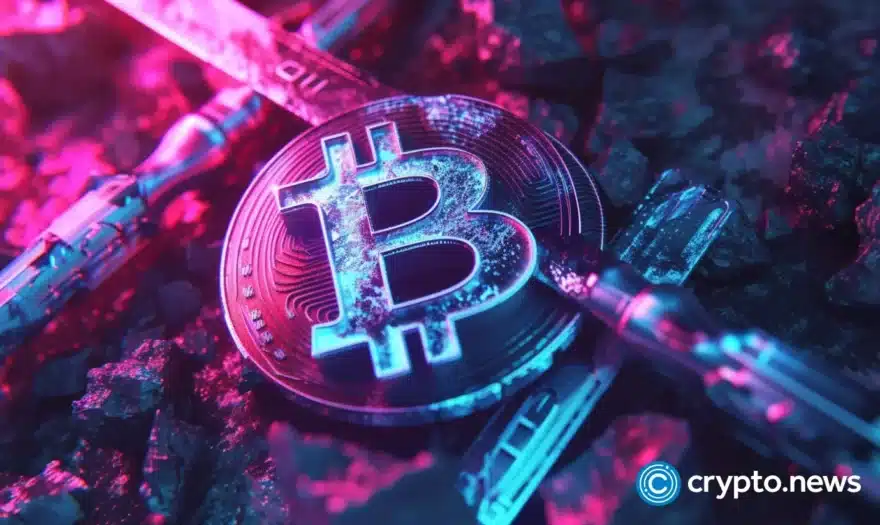Economical risk of El Salvador’s Move to Make Bitcoin a Legal Tender

In June 2021, El Salvador’s government published official gazette legislation making Bitcoin a legal tender within the country. On 7th September 2021, this legislation went into effect, making El Salvador the first country in the world to make Bitcoin a legal tender formally. As per the legislation, residents of El Salvador can use Bitcoin to make tax payments, pay off debts, be accepted as a means of payment for goods and services, and fulfil any previous obligations expressed in U.S. dollars.
Factors that Made El Salvador Make Bitcoin the Legal Tender
Following the implementation of the legislation, various financial institutions across the globe, led by the International Monetary Fund (IMF), moved in to warn El Salvador’s President Nayib Bukele of the profound financial implications of making Bitcoin the legal tender. The financial institutions warned that Bitcoin might push inflation and bring instability to the impoverished Latin American country.
Bitcoin has lost more than half its value since September 2021. However, the country has maintained the legislation with Bitcoin currently accepted everywhere for goods and services and the U.S. dollar. But are there any economic risks of El Salvador’s move to make Bitcoin the legal tender? This piece explores this topic to greater lengths.
There are three main reasons that pushed El Salvador to make Bitcoin the legal tender:
- Bank the unbanked– Only 30% of El Salvador citizens have an active bank account, making it one of the leading countries in the world with a large unbanked population. In an effort to decrease the percentage of the under-banked population, El Salvador opted to make Bitcoin a legal tender. Bitcoin is built on blockchain technology and will give the population easier access to financial services.
- Increase Efficiency in International Remittances– In 2020, El Salvador recorded $5.9 billion in remittances from abroad, representing more than a fifth of the nation’s GDP. High remittances mean that a substantial part of the country’s population depends on foreign money transfers. However, due to costly remittances, the population losses up to 30% of the total amount remitted to intermediaries. In addition to the high cost of remittances, there are several challenges in obtaining the funds and the extended time taken to process the transaction. By making Bitcoin the legal tender, President Bukele looked at reducing the annual remittance commissions by about $400 and spurring large transfers of funds within a short time.
- Decrease reliance upon the U.S. Dollar– El Salvador’s move to make Bitcoin the legal tender was to reduce reliance upon the U.S. Dollar. Making Bitcoin the legal tender will allow it to function as a medium of exchange and make it a neutral store of value for savings. Overreliance on the U.S. dollar has harmed the economic stability of El Salvador in times when the U.S. Federal Reserve increases the circulating supply of U.S. dollars.
State of Bitcoin Use in El Salvador
Currently, over 3 million El Salvador citizens are actively using Chivo- the nation’s Bitcoin wallet. The tally represents close to 50% of the country’s total population. An average of $2 million per day in remittances are transacted via the Chivo wallet, with an average of more than 65 thousand transactions per second. There’s an average of more than 14 thousand daily transactions on Chivo ATMs.
El Salvador’s government is actively promoting Bitcoin adoption via various initiatives. Salvadorans who download Chivo are given a $30 Bitcoin signup bonus. The government also set up a $150 million trust fund to facilitate seamless dollar conversions. In an effort to spur Bitcoin adoption, the country offers discounts on fuel if paid with Chivo and sets up 200 Bitcoin ATMs in over 50 locations.
How Did World Financial Institutions React to El Salvador Making Bitcoin a Legal Tender
International Monetary Fund (IMF)
The IMF warned El Salvador against using Bitcoin as national currency and asked it to drop its adoption, citing financial stability and integrity, consumer protection, and macroeconomic and legal issues. IMF states that the greatest risk lies in Bitcoin’s adoption and its relative implications on macroeconomic stability. The financial body also stated that the country should have come up with clear guidelines for regulating digital forms of money and clarified the role of the private and public sectors before making Bitcoin the legal tender.
IMF has continuously called on El Salvador to reverse their decisions, stressing that it would be difficult for the country to get a loan from the institution. Even so, President Bukele announced plans to construct a Bitcoin city at the base of a volcano in El Salvador.
World Bank
The World Bank shared a similar stance with IMF, even rejecting to help with the implementation of Bitcoin as the legal tender in the country. The financial institution notes that it cannot support the country’s decision owing to transparency and environmental shortcomings.
Economical Risks of Making Bitcoin Legal Tender
The adoption of Bitcoin as a legal tender in El Salvador means it’s the official medium of exchange. The adoption poses important implications both within El Salvador itself and other governments across the globe. As per the global perspective, the world is closely monitoring El Salvador as it’s the first country to legalize Bitcoin. Here are some economic risks of making Bitcoin the legal tender.
Financial Instability
Bitcoin causes financial instability considering that it’s immensely volatile. What’s more, its volatility is unrelated to the economy. Even in stable economies, the use of Bitcoin as the legal tender can cause microeconomic instability due to intense volatility leading to frequent price fluctuations that could harm the economy. In a less stable economy such as El Salvador, using a globally recognized reserve currency such as the dollar or euro would likely be more alluring than making Bitcoin the legal tender.
Limitation of Financial Integrity
Bitcoin, being decentralized, can become a medium that funds illicit activities, which may harm the economy. El Salvador opened doors for money laundering by making Bitcoin the legal tender, which is largely linked to funding terrorism activities and tax evasion. This activity can significantly hurt the country’s economy and make it a fertile ground for money laundering.
Risks to the Financial System
Bitcoin being a legal tender poses a risk to the country’s financial system. To begin with, the country’s central bank cannot implement policies to regulate Bitcoin since it’s decentralized. As such, the central bank cannot carry out its mandates, such as setting interest rates causing erosion of the monetary policy and difficulty.
Tax Collection Issues
Being a legal tender, Salvadorians can also pay taxes using Bitcoin. This poses a challenge in tax collection, considering the intense Bitcoin volatility. If Bitcoin drops in value, the country may fail to meet its revenue target causing financial implications on the budget.
Consumer Protection
The adoption of Bitcoin as the legal tender undermines consumer protection considering businesses and households could easily lose value via large swings in value owing to intense volatility. The government doesn’t have control over Bitcoin; therefore, it may not provide consumer protection to its citizens.
Closing Remarks
Bitcoin and other cryptocurrencies offer several benefits to an economy, including banking the unbanked, providing cheaper and faster payments, and enhancing cross-border transactions. However, making Bitcoin the legal tender comes with several economic risks touching on financial integrity, consumer protection, and micro-financial stability. Financial institutions and the world at large are closely monitoring El Salvador to see how far she can go with Bitcoin as a legal tender.
















